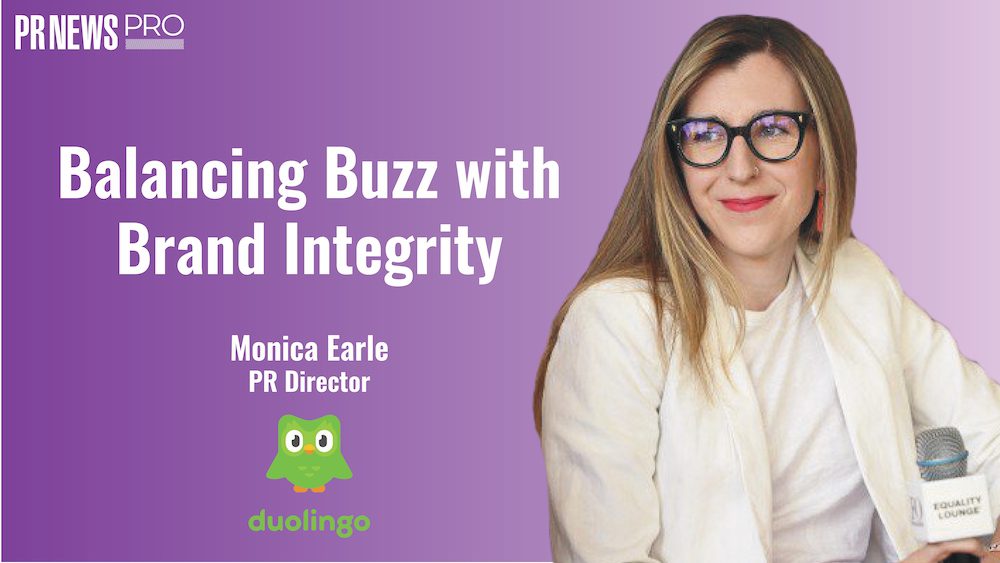When I first started in the space, I remember that the volume of emails I sent dictated one portion of my compensation. I had to send out 50 emails a day, to current clients but preferably prospects. Invariably such mind numbing work lead all of us in the department under the same volume expectations to try and figure out ways to do the job faster. I remember when someone showed me how to do a mail merge. What a great day that was. As, we didn’t have the luxury of LinkedIn or any of the 2.0 prospecting tools, anything to make hitting those 50 emails was a godsend. Today, I hardly know anyone that deals with fewer than 50 emails a day; LinkedIn, Facebook, etc. only add to the tally. That might have made me happy years ago, but it makes most of us a little bit short on time, and in already attention deprived environment, having too many things to deal doesn’t help one do their job better. As with many things, we take the quickest path for completing the task at hand, one of which we do all the time without really thinking about it, but costs us big – in reputation and hard dollars. We refer to the "FW:" culture, sending something along without thinking through what the email contains, how it is written, or what it might imply for the sake of expediency.
We’ve all done it, and we probably did it today. We received an email with information that someone else wanted or we wanted them to have, and getting it to them meant hitting the forward button, selecting the recipient, and hitting send. There is nothing inherently wrong with forwarding, and no email application would think to not have it as a primary function. Can you imagine what people might say if Gmail came out but didn’t have a forward? The downside for it saving time and easily allowing the next recipient to follow the preceding chain is that it becomes a crutch. And, it reminds me of the difference between the West coast and the East coast. Those who grew up in the East tend to have better table manners than those in the West. It’s a gross over generalization, but there is something about the formality of the East coast compared to the West that has people pay more attention and give more emphasis to something as seemingly trivial as table manners. For better or worse, the meritocracy that comes with the internet culture has democratized success to the point where an education and application of societal norms is no longer required. That said, it helps.
Proper manners might have been a proxy for desirability in times past, playing a less vital role today in determining such factors as intelligence and wealth, but the teaching of them instills some values that would make many of us, myself included, more effective. The arms on the table because it is easier culture of "FW:" leads to a path of least resistance and not doing things that seem unnecessary. Is it really necessary, for example, to have to keep one hand in the lap while eating or switching hands with the fork from cutting to eating? Really necessary, of course not, but doing it and knowing how to do it show an attention to detail. And, in our internet world, that attention to detail is actually pretty important. Those who traffic ads know the importance the details make. One tag missing can grind a campaign to a halt. But, those working in detail oriented jobs aren’t the only ones who benefit from an attention to detail. For the rest of us, the attention to detail elevates us to that next level of professionalism.
The cynics will point to countless people who have little regard for attention to detail and have managed to reach levels of success to which the rest of us just dream, but they are the exceptions to the rule. For the rest of us, the details are like eating right. You might notice some near term benefits, but by and large, you notice them in the long-term, if at all. The challenge with eating right is that we can’t tell at what points it benefits us. If we are overweight, then eating right might help us lower our weight or decrease blood pressure, and so on. After achieving some point of health stasis, we can’t quite feel the benefits on an ongoing basis. Such is how it works here. Make an egregious error such as sending a mass blast with name in the "cc" field not "bcc," and you will experience the negative ramifications almost immediately, but send on an email without bothering to edit out a few lines or remove some of the unnecessary color in the previous exchanges, and chances are no one will accost you. It’s just a little thing, but these are the little things that add up, or going by the health example, won’t add up. Hardly anyone will give you praise for for being a professional, but you will avoid any major mistakes of sending on information you shouldn’t or letting someone else look as though they aren’t professional.
In our space, it has become so easy to assume that the details don’t matter. Ask anyone if they do, and I can’t imagine anyone saying that they don’t. But, judge us by how much time we put into making sure what we share with others would pass a modicum level of scrutiny, and we’d find our actions do not match our beliefs. Whether forwards or ads and landing pages, the attention to detail comes down to an ability to appreciate the long-term even though we can’t always feel it in the short-term. It’s a game of telephone where instead of words, we have time. If we just pass the information along without making sure we have it locked down first, the end product is a jumble. That’s what we’re trying to avoid, being a link in a chain that doesn’t come close to the original aim. Then again, we barely spell check, so what do we know? Go ahead, though. This is safe to forward on.
 Network
Network

